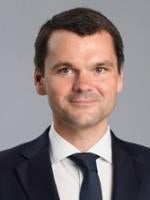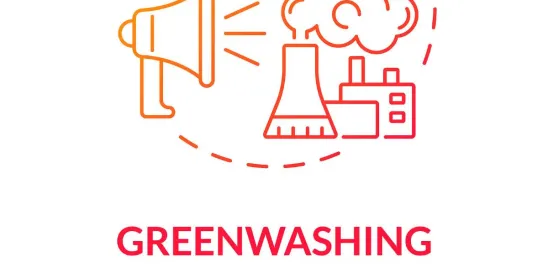On August 10, 2023, the Australian Securities and Investments Commission (ASIC) announced its third civil penalty proceeding this year for greenwashing against LGSS Pty Limited, which is trustee for superannuation fund Local Government Super (Active Super). ASIC alleges that Active Super made false or misleading representations to the market and engaged in conduct liable to mislead the public when it claimed that it would cease investment in certain sectors that were harmful to the environment and community, including gambling, tobacco, oil tar sands and coal mining. Despite these claims, ASIC alleges that from February 1, 2021 to June 30, 2023, Active Super’s portfolio included 28 holdings, either directly or indirectly, in securities issued by companies in these industries. In its Federal Court filing, ASIC outlined that Active Super had made statements on its website and on social media claiming that the fund “eliminate(s) investments that pose too great a risk to the environment and community,” while providing examples of Active Super securities holdings in sectors it claimed to restrict. Following Moscow’s invasion of Ukraine in February 2022, Active Super stated in May 2022 that it had added Russia to its list of excluded countries and that it would stop investing in Russian companies. However, ASIC also alleges that as at 30 June 2023, Active Super still held securities in several Russian companies, including Gazprom PJSC and Rosneft Oil Company.
ASIC Deputy Chair Sarah Court has acknowledged the competition that super funds face in attracting new members and that funds seek to appeal to investors with promises that their investments will not be exposed to certain industries. However, Deputy Chair Court warns that “when making these claims super funds must have evidence to back their claims and ensure they are not promising exclusions that they cannot guarantee.”
In response, Active Super stated that it “has co-operated with ASIC’s investigation and welcomes increased scrutiny on ESG disclosure standards as being good for members, the super industry and the community.” As of July 2023, Active Super had approximately 89,000 members with around A$13.5 billion in superannuation assets.
ASIC’s action is just the latest by the regulator, which has issued a number of enforcement notices in connection with greenwashing activities as part of its key 2023 enforcement priorities – such as against Future Super in May.
Taking the Temperature: ASIC’s active approach to tackling greenwashing is by now well established not only due to its continued enforcement actions but also given that it has made greenwashing an enforcement priority. The allegations leveled against Active Super are similar in nature to those ASIC made against Mercer earlier this year, which, according to ASIC, also made misleading statements about the sustainability of its Sustainable Plus options, claiming to have prohibited investment in companies involved in sectors that are harmful to the environment and community, but in fact continuing to hold investments in Australian companies in the mining, alcohol and gambling sectors. ASIC also pursued Vanguard Investments Australia earlier this year. Another consideration in assessing ASIC’s activity is that superannuation funds, which evidently are a focus of ASIC, are retirement funds composed of individual retail investors, who often are afforded relatively greater regulatory protection as opposed to institutional investors.
Australia is currently consulting on the implementation of the International Sustainability Standards Board’s sustainability standard IFRS S2 (Climate-related Disclosures). As entities begin to report in compliance with this standard, ASIC is likely to pay close attention to disclosures and we expect, therefore, to see a continued upward trend of greenwashing enforcement action.




 />i
/>i

